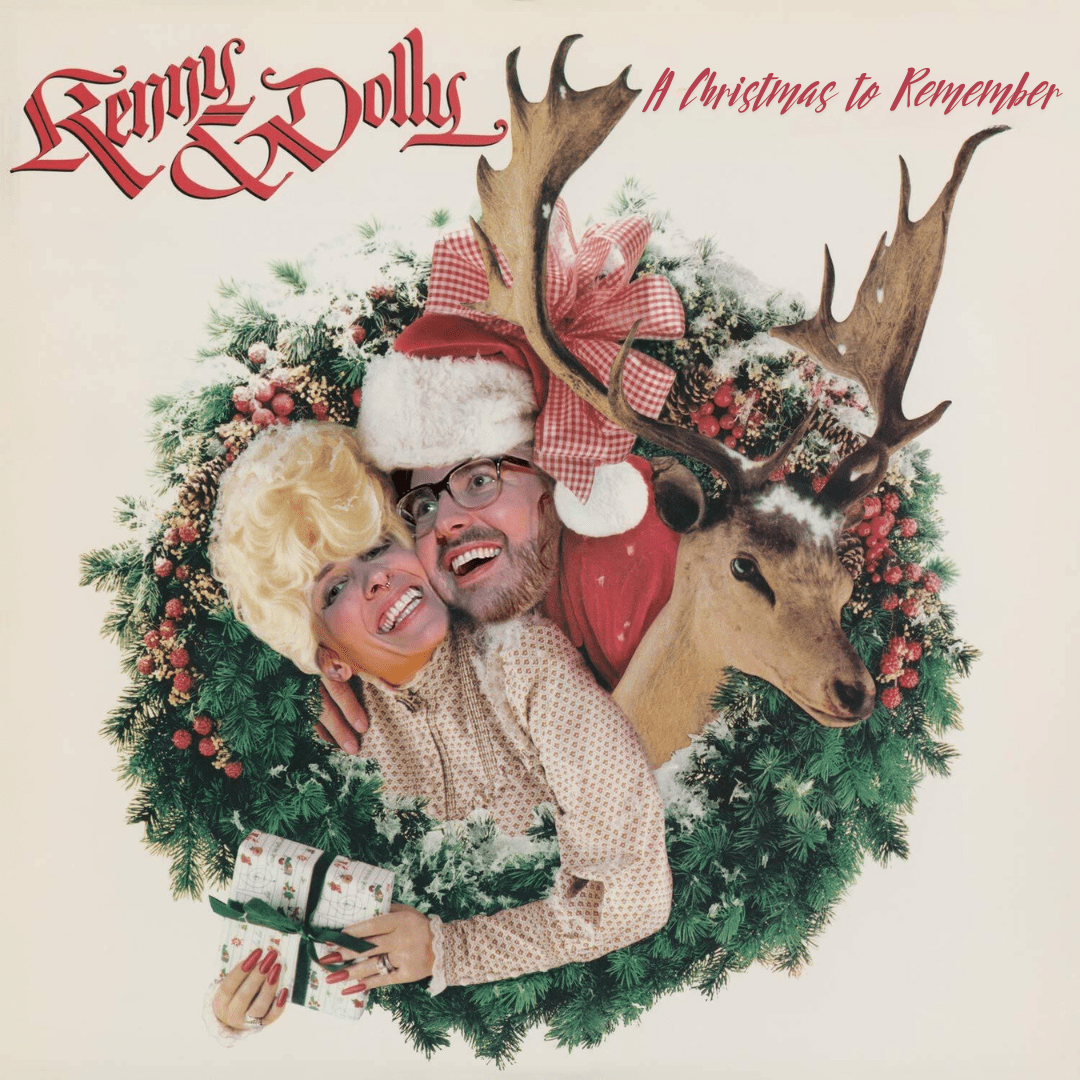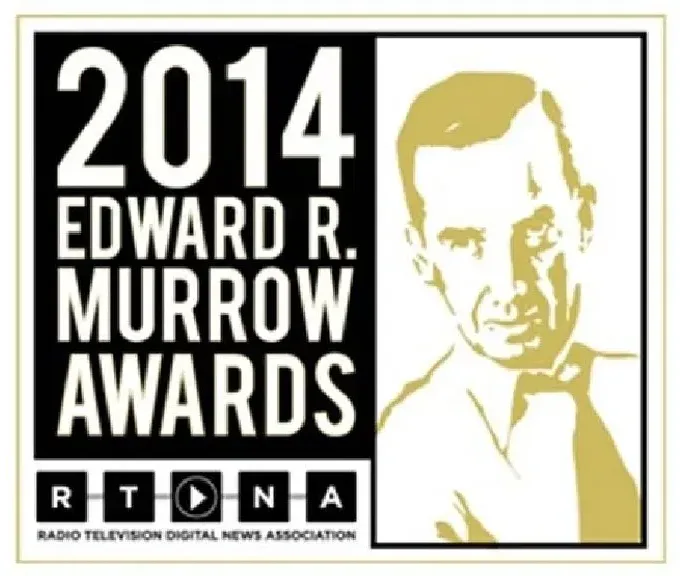Rob Bart has a theory: Freelancers would all be richer if they paid each other for services rather than bartering. A group of Portland freelancers and start-ups will test that theory to find out if he’s right.
Starting Wednesday, June 25, a group of eight gathered to begin the social experiment. Rather than donating time and resources to each other, they instead agreed to pay each other a small amount of money in exchange for skills, goods or services.
“For example, if I pay $100 for art work installed at Forge and then charge the artist $25 a week for 4 weeks to advertise her work, my theory is that we are far better off than if we simply trade art work for advertising,” says Bart, who opened Forge – a new collaborative Portland work space – in May.
Each member will make an initial investment of $25, and the pool of money will be split between two initial participants who will act first: they will pay someone else in the group $50 an hour for two hours of services. This process will then repeat with a new set of participants. Group members are searching for others who may want to take part.
In economic theory, Bart explains, money changing hands leads to efficiency. “We are able to make the most efficient choice based on our needs by purchasing a good or service in the market place.” But for freelancers, “bartering goods and services prevents them from being able to make the most efficient choice because they have to find someone else willing to trade for their services. One outcome of this, is that rather than purchasing what you truly need now, you may barter for something which is of lower value to you at the moment.”
When that happens, according to Bart, “you actually are driving down the value of your hourly wage through this exchange, because the service you are getting is not the service that you need most.”
Two other important factors Bart sees in play:
- Bartering between freelancers works because there is trust that both will keep their word. However, if they do not perform there is little either party can do to enforce the agreement.
- Spending money locally is beneficial to the local economy. A dollar spent locally will change hands and stay in the community. This is important in a place like Portland where we are fairly isolated geographically and where we do not have a large influx of capital.
Bart’s goal is to combine trust (among freelancers) with liquidity (money changing hands) so that “we can all make the most economically efficient decisions to grow our businesses.”
Watch this space. PRP.FM will participate in the experiment, and report on progress.
- New Festival Showcases Multicultural Readings & Films - August 18, 2021
- Parisalexa Plays Portland! - August 9, 2021
- Pardon our Dust! - June 29, 2021










I love the idea here. Its based on the foundation of trust and transparency. Being a freelance designer in a VAST sea of freelance talent here in Portland, its important for me to know who I am dealing with and to build an economic base that works well for everyone involved..
Building trust and making money = two major challenges for freelancers. Others?
I think freelancers struggle with balancing client needs with profits. It’s hard to tell someone they can’t have something that you provide because they can’t afford it. When your marketing is referral based and you don’t want to put subpar work out into the word designers can feel a bit trapped.
I think this basic idea also works within the context of trading work. You don’t want to spend all your time working for “free” but doing bad work isn’t exactly an option so mediocrity becomes the norm.
Setting boundaries is often a challenge for freelancers. I know because when I meet someone who has an irresistible service that I need and want I find that I gladly offer to trade with them as if I am giving them a gift. The idea of trade signifies that both parties respect and admire each other’s talents and offerings. What this does is it puts emphasis on the value of the person and their talents instead of the monetary value. Really what it comes down to is worth. When putting a value on something it hardens the transaction and puts a clear boundary on the purchase. Trading services has a much softer approach in respect and has a more human element to it. I have often told my clients to up their worth to get the price they deserve and ask would an Emergency Doctor give you a discount on her services, the answer is no. I believe the gray area should be colored in and the boundaries and defined accordingly. This is where worth, community and trust come in. We are all worth it and should be proud to offer our services at a premium cost that makes sense. I believe trade is acceptable with the right boundaries in place.
[…] we left our story, the freelancers project (FLP) at Forge Portland was considering a new way to monetize. Rather […]